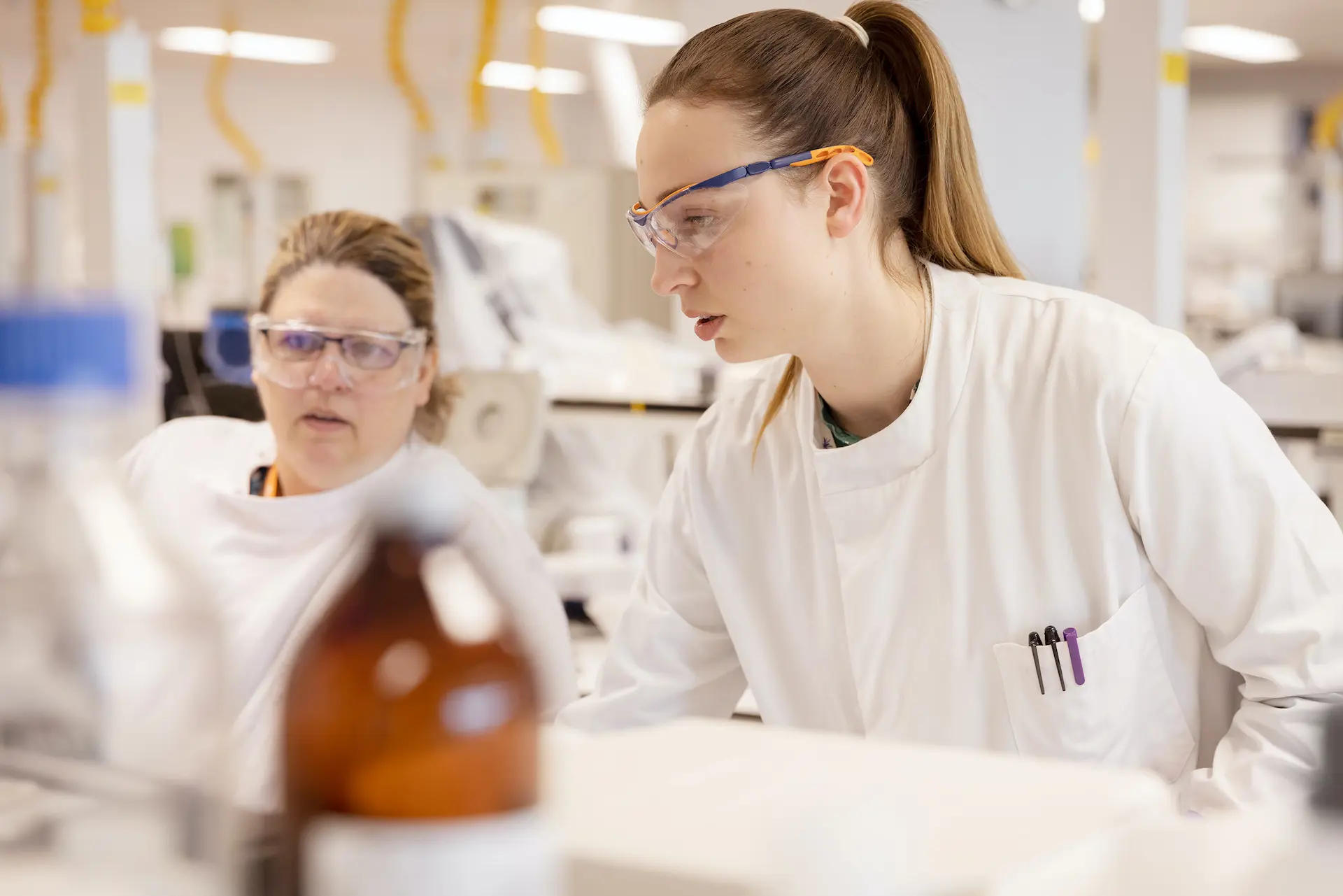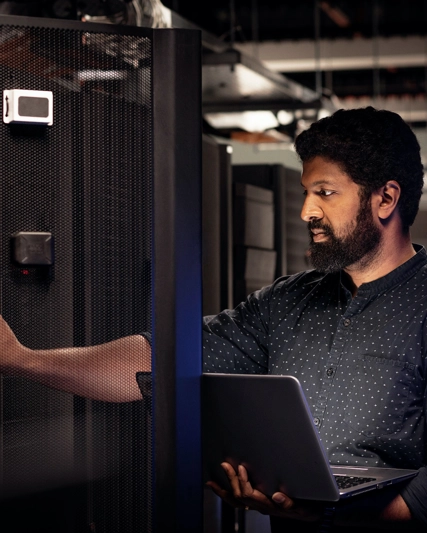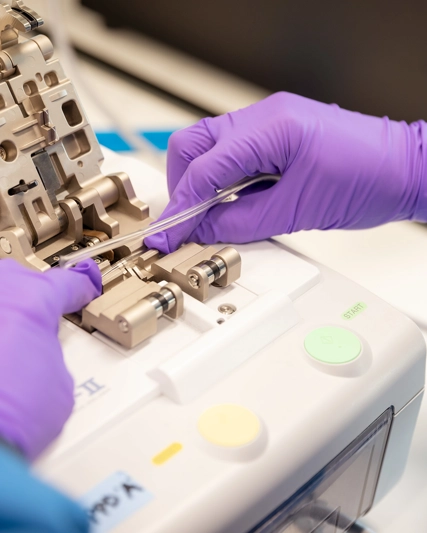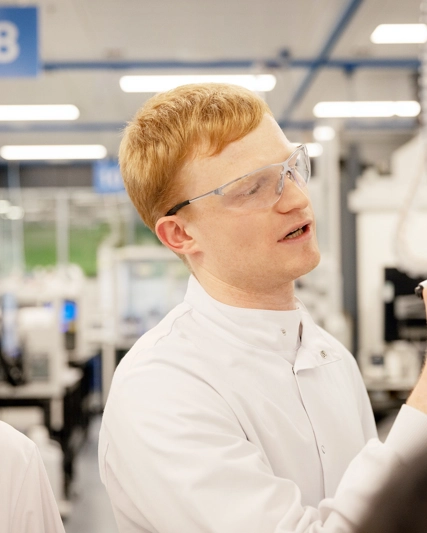Biology has been digitised over the last decade thanks to the genetic revolution, and we have access to more data than ever. Thanks to breakthroughs in genomics, artificial intelligence and through our innovative partnerships, GSK is decoding this data with unprecedented speed, scale, and precision. In a single quarter in 2020, we generated more data than we had in our company’s previous 300-year history.
Access to this ever-growing body of information is only the start of how we learn to create tangible solutions for patients. Artificial Intelligence and Machine Learning (AI-ML) can help parse through a near-infinite library of possible avenues for exploration. It’s helping us build sophisticated models that continue to learn and generate even more data so we can improve new medicines and vaccines for patients.
Spotlight on King’s College London and MDCI
Take oncology, where less than 30% of patients respond to certain immuno-oncology therapies. Patient data and tumour imaging – when combined with AI-ML – can help better predict which medicines could have clinical benefit in certain individuals. To translate this work into something tangible for patients, we have launched the Molecular Disease Characterization Initiative (MDCI), a non-therapeutic trial that analyses patient tumour tissue and blood samples to screen for multiple potential clinical trials instead of screening a patient for a single trial at a time. Our partnership with Kings College London builds on the insights from the MDCI and aims to use AI systems to build tools that will support clinical decision-making to personalise care for patients with cancer.
The clues to get ahead of disease are hidden in many places – from pathology to a patient’s molecular signature. We believe the GSK-King’s College London Translational Oncology Research Hub will contribute insights and tools to illuminate the best personalised treatment approach, and over time, change the way we treat and manage disease.
Together, we've formed the Translational Oncology Research Hub with King’s College London to provide insight into how patients respond to cancer treatment, using novel machine learning to analyse high-risk patients, integrating genetic and molecular traits, and ultimately make better predictions for better outcomes.
This is just one way we’re looking to expand the scale, scope, and power of human ingenuity and pair it with advanced technology to tackle the most complex drug discoveries so the world can get ahead of disease.
Kim Branson, Global Head of Artificial Intelligence and Machine Learning at GSK, sums up the approach to incorporate technology as a means for discovering solutions to diseases like cancer.
Advanced technologies allow us to unlock the potential of complex genetic data with unprecedented speed, precision, and scale. We’re joining our science, talent and tech to develop a more personalized approach for cancer patients through novel models in the lab that will help inform clinical decision making for the future treatment of cancer patients.
We are only at the beginning of this journey, but we believe the use of AI will be increasingly important in healthcare and, more specifically, in drug discovery. Our goal is to double our developmental success rate and make a real difference in more patients’ lives – and AI-ML is crucial in making this goal a reality.
More than 70% of the programs and research targets in our early pipeline have been genetically validated, and we aim to increase our potential avenues of exploration by 20% using AI-ML from public genetic databases.
Go deeper on our approach to advanced technologies:



